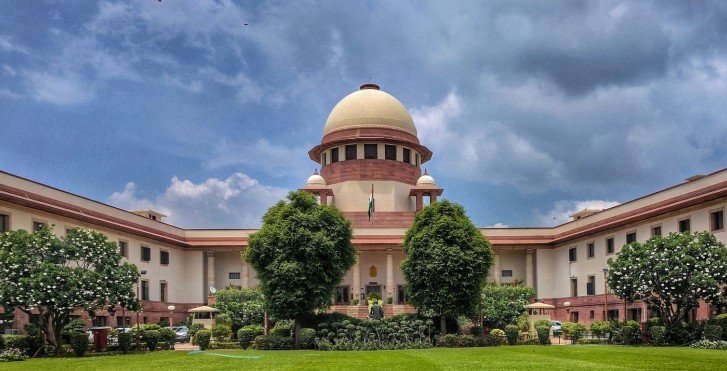Hearing Centers on Special Intensive Revision Process
On March 21, 2023, a crucial Supreme Court hearing before Justices Suryakant and Dipankar Datta examined petitions challenging the Special Intensive Revision (SIR) of Bihar’s electoral rolls. The proceedings questioned the legality, accuracy, and procedural fairness of the revision process, which has sparked concerns over voter disenfranchisement.
ECI Admits Scope for Errors in Large-Scale Exercise
During the hearing, the Election Commission of India (ECI) acknowledged that errors were inevitable in a project of such scale. Senior advocate Rakesh Dwivedi, representing the ECI, admitted that mistakes such as wrongly marking living individuals as deceased were “unfortunate but inevitable.” The bench, however, pressed for specific figures and questioned the adequacy of verification measures carried out by Booth Level Officers.
Petitioners Alleging Massive Exclusions
Senior advocate Gopal Shankaranarayan alleged that the SIR had excluded as many as 65 lakh voters, while senior advocate Kapil Sibal highlighted a constituency where 12 living voters were listed as deceased. Sibal argued that the BLOs failed to properly verify records, and that the SIR ignored established procedures such as sending Form 4 notices or collecting supporting documents from residents.
Debate Over Legal Compliance and Procedural Norms
Sibal contended that the SIR could not be treated as a mere procedural update but amounted to an entirely new roll creation, requiring strict adherence to legal provisions. He questioned the implementation of Rule 12’s Form 5 and Form 6, stressing that citizens should not be required to provide Aadhaar for voter registration, and that date of birth and place of residence should suffice.
Burden of Proof at the Center of the Dispute
One of the key debates was over the burden of proof in voter eligibility challenges. Sibal cited Rule 13, stating that it is the objector—not the citizen—who must prove ineligibility. Justice Datta reinforced that if a citizen’s name is missing from the draft roll, the onus lies on the authorities to prove non-citizenship once a Form 6 application is submitted.
Pending Verdict with National Implications
Both the petitioners and the ECI acknowledged flaws in the SIR process. However, the Supreme Court refrained from delivering a final verdict on its compliance with electoral laws, instead adjourning the matter for further consideration. The outcome could set a precedent for voter-list corrections across India, with millions of Bihar’s electorate awaiting clarity on their voting status.



Comments are closed.